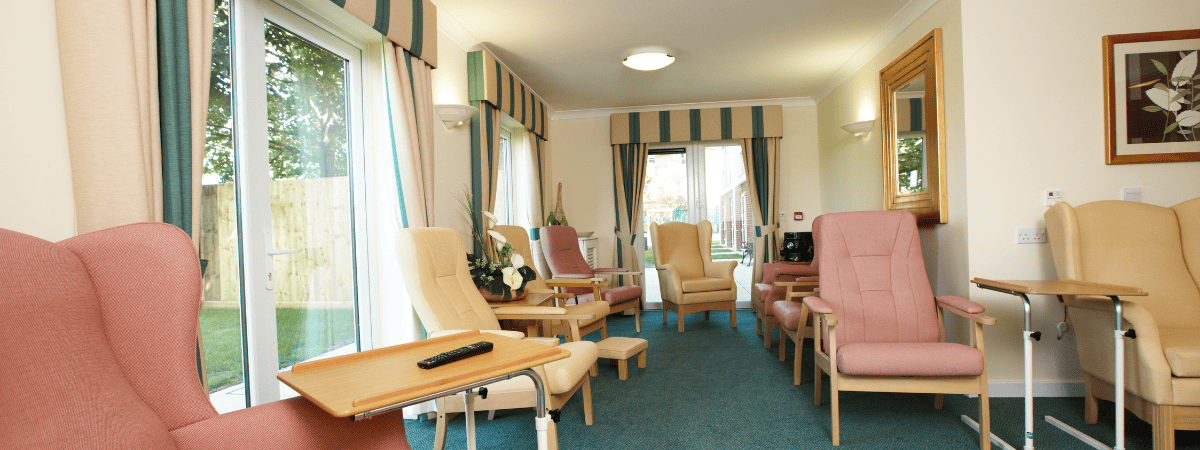"Personal care activities, including bathing, dressing, and continence care, are assisted by live-in caretakers."
UK Care Guide Tweet
Care Agencies and Introductory Services
Based on their customers’ requirements and preferences, care organisations may assist in matching clients with appropriate live-in caretakers.
They often provide a completely managed service, taking care of the hiring procedure, ongoing assistance for clients and carers, and training.
As an alternative, introduction services may match clients with independent caretakers, giving them greater control and maintaining ownership over the cost-effective care agency and the choice and cost-effective personal care of care providers and schedules.
Selecting the best live-in carer move-in suitable for your loved one to one care may help guarantee good care and assistance.











